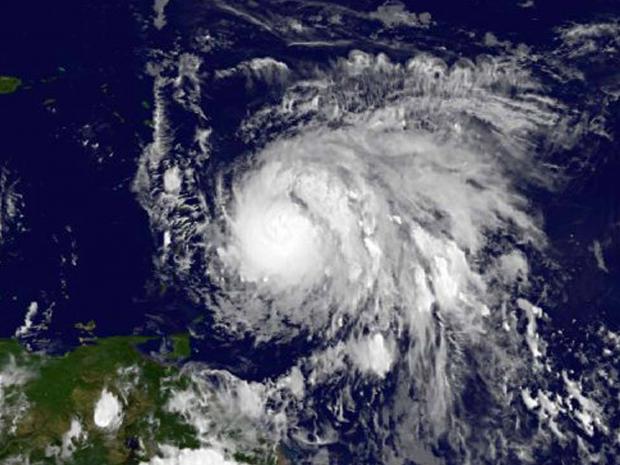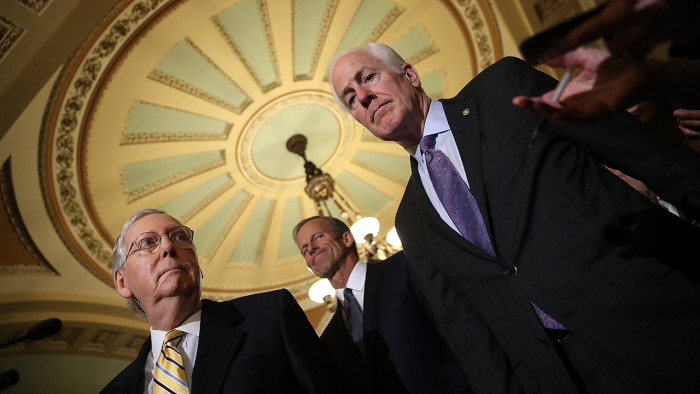By Amanda Bibbins
Staff Writer
Scotland –— Last week, on Sept. 18, Scotland held a referendum to see whether or not Scottish nationals wanted independence from Great Britain, and the votes came back with a resounding “no.” So far, the only short-term consequence of this decision is the resignation of Scotland’s pro-independence leader, Alex Salmond, who has since resigned his position as Minister.
Great Britain’s Prime Minister David Cameron fought to convince Scottish nationals why it was in their best interests to remain a part of Great Britain, and why it was best to maintain the 300-year union with the United Kingdom. By the time the polls closed on Thursday, the Scottish population had been officially convinced.
Why did Scotland choose to remain in the politically complex union? The Scottish economy is aided by Great Britain quite significantly. In addition to being on the British form of currency, the pound, Scotland’s sense of economic independence comes from its offshore oil reserves. With a crisis for natural resources in full swing, the United Kingdom needs not only access to the reserves, but also the profit from those reserves.
Perhaps one of the most interesting facts that has come to light in this case was England stores its nuclear submarines in Scotland’s waters. At the time of the vote, Scotland claimed it wanted those subs out of their waters, raising a new global security question: If not there, then where?
However, things will remain as they were following Thursday’s decision, and these list of concerns remain hypothetical for at least another day.















Amanda Bibbins • Sep 25, 2014 at 4:06 pm
Reblogged this on Mum's the Word and commented:
Published in this week’s issue of The Voice